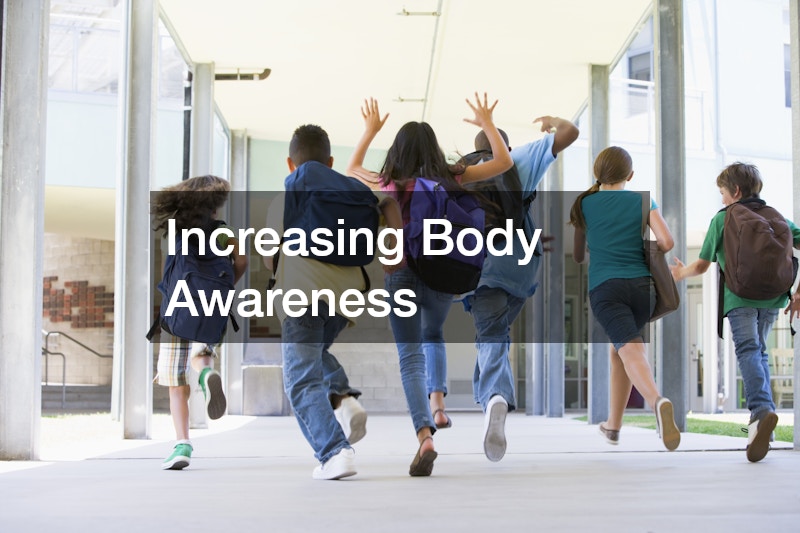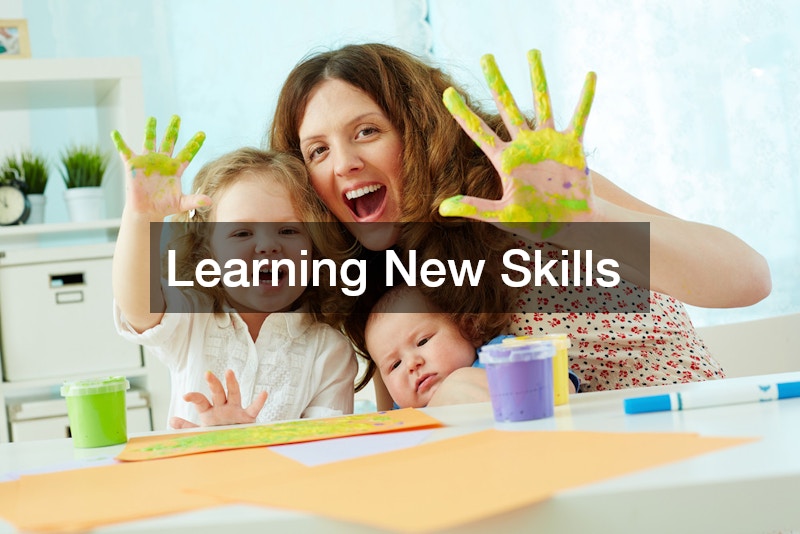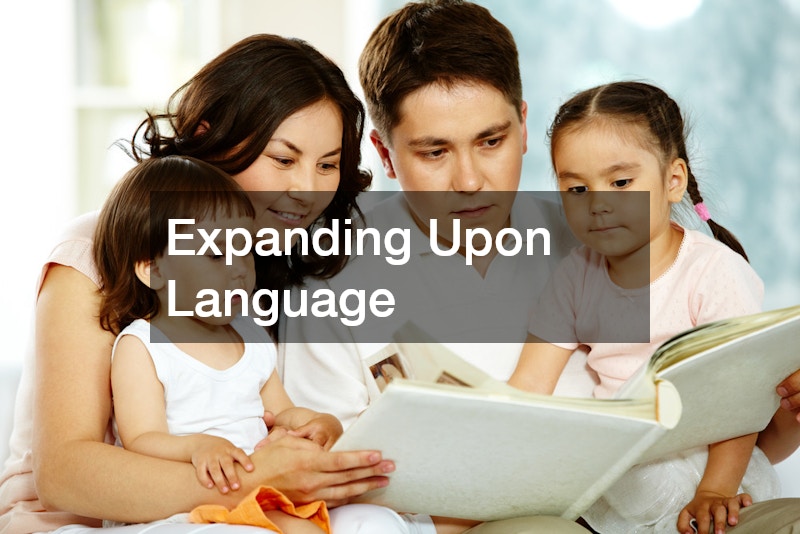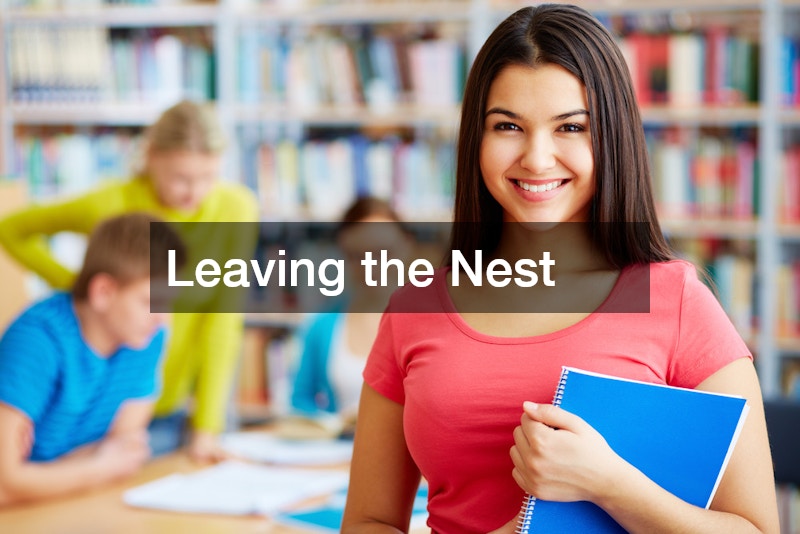Learning is not confined to the walls of a classroom or the months of the school calendar—it’s a lifelong process that thrives year-round. For children, especially, every season brings new opportunities to grow intellectually, emotionally, and physically. Prioritizing learning throughout the year helps children maintain a rhythm of curiosity and development, ensuring that they continue to build upon their skills rather than lose momentum during long breaks. Continuous learning doesn’t just mean studying from books—it means engaging in experiences that spark creativity, encourage physical growth, and foster social awareness.
From summer camps to preschool programs and family-based learning at home, each setting contributes to a child’s overall development. By engaging in activities that teach everything from coordination to communication, children can strengthen essential life skills that prepare them for future success. When parents make learning a consistent priority, they create an environment that values growth, exploration, and adaptability—qualities that are critical in a rapidly changing world.
Prioritizing education year-round also supports mental wellness and confidence. Children who stay engaged in stimulating activities tend to be more resilient, better problem-solvers, and more open to trying new things. Whether it’s through structured programs or simple day-to-day experiences, learning never truly stops. It evolves as children grow, adapting to their needs and interests. The following sections explore how learning in various environments—from tennis camps to local preschools—can help children develop essential skills, build friendships, and prepare for the journey ahead.
Increasing Body Awareness

One of the most impactful ways for children to learn outside traditional academics is through physical activity. Programs such as a tennis camp provide an excellent opportunity for kids to develop body awareness—a crucial component of both physical and mental health. When children engage in sports, they learn coordination, balance, and agility while also gaining a sense of control over their movements. These skills contribute to greater confidence and an understanding of how their bodies interact with the world around them.
Tennis, for example, requires precision, timing, and strategy. Each swing, serve, and step involves a conscious awareness of the body’s positioning and movement. Kids quickly discover how effort, focus, and practice translate into progress. This process doesn’t just build muscle; it builds character. Through structured play, they learn discipline, patience, and perseverance—skills that extend far beyond the court.
Physical learning experiences also encourage children to respect their bodies and understand the importance of health and wellness. When they move regularly, they improve cardiovascular fitness, develop stronger bones, and enhance coordination. Just as importantly, they begin associating physical activity with fun rather than obligation. Programs like tennis camps integrate learning with play, making exercise a natural and enjoyable part of life. This body awareness becomes a foundation for lifelong health, supporting everything from posture and self-esteem to focus and emotional balance.
Socializing With Others
As children grow, learning how to interact with others is just as important as learning to read or count. Daycare settings provide one of the earliest and most effective environments for fostering socialization skills in young children. In daycare, kids are exposed to diverse personalities, routines, and social dynamics. They learn how to share, take turns, communicate their needs, and empathize with others—all critical life skills that form the foundation of emotional intelligence.
Daycare helps children develop independence within a safe and supportive space. Caregivers encourage collaboration and communication through play-based activities that stimulate both the mind and heart. Children learn that friendship is built on kindness, understanding, and teamwork. These early social experiences teach them how to resolve conflicts, follow instructions, and cooperate—abilities that translate directly into later success in school and beyond.
Moreover, daycare offers consistent learning routines that help young minds adapt to structure and community living. The predictability of daily activities fosters emotional security, allowing children to feel confident as they explore and express themselves. By spending time around peers, they build social confidence and learn to appreciate different perspectives. Social learning in daycare not only nurtures interpersonal growth but also lays the groundwork for a lifetime of positive relationships and effective communication.
Spending Time Outside
Nature offers one of the richest learning environments for children, and a local summer camp is the perfect example of how outdoor experiences foster growth and discovery. Spending time outside gives children the freedom to explore, imagine, and engage their senses. The natural world stimulates curiosity, encouraging them to ask questions, observe details, and make connections—all essential habits of lifelong learners.
At summer camps, children learn through doing. Whether they’re hiking a trail, building a fort, or observing wildlife, they develop problem-solving skills, independence, and resilience. Outdoor learning promotes hands-on education that feels like play but teaches valuable lessons about teamwork, leadership, and responsibility. Kids also gain an appreciation for the environment, learning to respect nature and understand the importance of conservation.
Time outside benefits not just the body but also the mind. Exposure to sunlight and fresh air boosts mood and focus while reducing stress. It provides a healthy break from screens and encourages physical movement. Moreover, outdoor camps often blend creativity and education—through art projects, science experiments, or team challenges—allowing children to discover new passions. By integrating learning with nature, summer camps show that education doesn’t have to be confined indoors; it can flourish under the open sky.
Learning New Skills

For younger children, especially toddlers, learning new skills through play is one of the most powerful forms of education. Carefully designed activities for toddlers help them develop essential cognitive, social, and physical abilities while keeping the experience fun and engaging. Playtime is their classroom, and every activity—from stacking blocks to finger painting—teaches something new.
When toddlers manipulate toys or participate in guided play, they’re improving hand-eye coordination, motor control, and spatial reasoning. Sensory play, such as exploring textures or colors, helps them better understand the world through touch and sight. These small but significant moments build a foundation for more complex learning later in life.
Socially, play-based learning helps toddlers express emotions and communicate effectively. Singing songs, storytelling, and group play nurture language development and emotional awareness. Through imaginative play, they experiment with ideas and problem-solving in a safe environment. Parents and educators who provide age-appropriate learning activities are not just keeping toddlers entertained—they’re helping them build essential life skills that encourage independence, curiosity, and creativity from an early age.
Making More Friends
As children grow, friendships become a central part of their social and emotional development. Enrolling them in local preschools offers a nurturing environment where they can form meaningful connections with peers. Making friends teaches kids empathy, cooperation, and trust—qualities that help them navigate both personal and academic challenges.
In preschool, group activities encourage teamwork and collaboration. Whether it’s working on a shared art project or taking turns on the playground, children learn to communicate, negotiate, and celebrate one another’s achievements. Friendships at this stage also boost self-esteem. Knowing they are liked and accepted by others gives children confidence and helps them feel a sense of belonging.
These early friendships often serve as children’s first experiences with emotional give-and-take. They learn about kindness, forgiveness, and how to handle disagreements. By building these skills early, children are better prepared for the social complexities of later school years. Local preschools are designed not just for academic learning but also for cultivating strong interpersonal foundations that last well into adulthood.
Improving Your Parenting
Education doesn’t stop with children—it extends to parents as well. A guide for parents can be an invaluable resource in helping caregivers better understand how to nurture their children’s development. As parents engage in their children’s learning journeys, they often gain insights into effective communication, discipline, and emotional support.
Learning alongside children strengthens family bonds. Parents who take time to participate in activities or read educational materials about child development gain a deeper appreciation of their kids’ unique learning styles and needs. This awareness allows them to create more effective routines, set realistic expectations, and provide encouragement that aligns with their child’s personality.
Moreover, prioritizing learning year-round helps parents model curiosity and a love for growth. When children see their parents learning—whether it’s taking a class, reading a book, or exploring new hobbies—they internalize that learning is valuable at any age. Continuous parental learning not only enhances parenting techniques but also fosters a home culture where curiosity and growth are celebrated.
Expanding Upon Language

Language development during the preschool years is one of the most critical stages of early education. A local preschool plays a vital role in expanding a child’s vocabulary, comprehension, and communication abilities. During these formative years, children absorb language quickly, and exposure to structured language activities accelerates their growth.
Preschools create rich environments filled with songs, stories, and conversations that encourage active listening and participation. Teachers introduce new words, sentence structures, and expressions that broaden a child’s ability to communicate effectively. Group interactions help children practice speaking, listening, and understanding context—skills that lay the groundwork for reading and writing.
Strong language development also enhances social and cognitive growth. When children can express their thoughts and emotions clearly, they become better problem-solvers and collaborators. Parents and educators who support this stage of learning help children build the communication skills they’ll rely on throughout life. Local preschools, therefore, do more than prepare kids academically—they empower them to connect with the world around them through language.
Developing Higher Thinking
As children mature, the ability to think critically and solve complex problems becomes increasingly important. Preschool programs play a foundational role in developing higher-order thinking skills that children will continue to refine throughout their education. By engaging in structured activities that encourage creativity and reasoning, kids learn how to think independently and make sense of the world around them.
Preschool programs often incorporate puzzles, matching games, and imaginative play that challenge children to analyze situations, recognize patterns, and predict outcomes. These activities may seem simple, but they build the cognitive framework for abstract reasoning, math, and literacy. Teachers also encourage inquiry-based learning—asking open-ended questions that inspire curiosity and deeper thought.
Developing higher thinking in early childhood sets the stage for lifelong problem-solving abilities. Children learn that it’s okay to make mistakes and try again, fostering resilience and perseverance. When learning becomes a habit of exploration rather than memorization, children grow into confident, critical thinkers capable of adapting to new challenges as they age.
Preparing for Life
As children advance through school, the ultimate goal of education becomes clear: preparing them for real life. A prep school environment embodies this mission by equipping students with academic rigor, personal discipline, and social awareness. Prep schools often emphasize responsibility, leadership, and accountability—qualities essential for success in both higher education and the workforce.
Students in prep school learn to manage time effectively, balance multiple priorities, and take ownership of their learning. Beyond academics, they engage in extracurricular activities that build teamwork, creativity, and resilience. These programs also teach life skills like goal setting, organization, and decision-making—tools that empower young people to navigate adulthood with confidence.
The transition from childhood to adulthood is smoother when education addresses the whole person—mind, body, and character. Prep schools serve as a bridge between foundational learning and real-world experience, ensuring that students graduate not only with knowledge but with the confidence to apply it in meaningful ways.
Leaving the Nest

As children approach adulthood, learning continues to evolve. Enrolling in a local driving class, for instance, is a significant milestone that represents independence and responsibility. Driving lessons teach more than just vehicle control—they also instill patience, decision-making skills, and respect for safety and rules. These lessons mirror broader life skills that young adults will need when they eventually leave home.
A driving class teaches students to think ahead, anticipate challenges, and make quick, safe choices under pressure. It’s a microcosm of adulthood—balancing freedom with accountability. Parents who encourage these educational milestones show trust in their child’s abilities while reinforcing the importance of continuous learning and growth.
Each new educational experience—from learning to walk as a toddler to learning to drive as a teenager—helps children prepare for independence. By prioritizing learning year-round, parents give their children the confidence to step into the world ready to make decisions, handle challenges, and pursue their dreams.
Learning year-round provides children with a strong foundation for every stage of life. From physical awareness gained at tennis camps to the friendships formed in local preschools, each experience enriches their development. Outdoor adventures, daycare interactions, and prep school programs all contribute to building skills that extend beyond academics—fostering confidence, empathy, and independence. When parents engage in this journey and prioritize education throughout the year, they cultivate a lifelong love of learning that empowers children to thrive both now and in the future.

